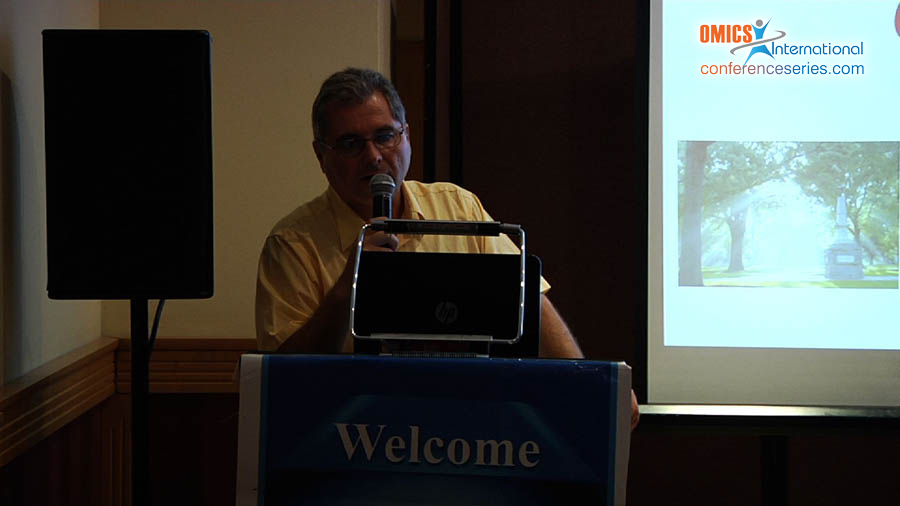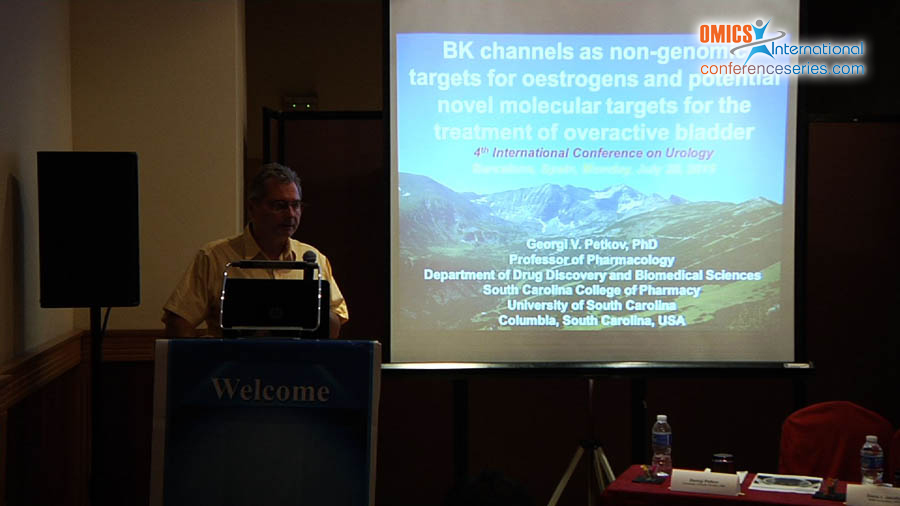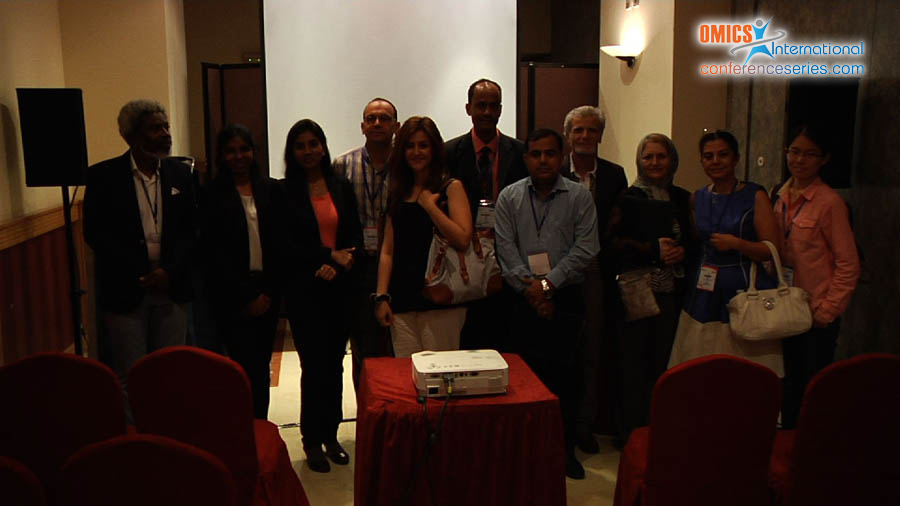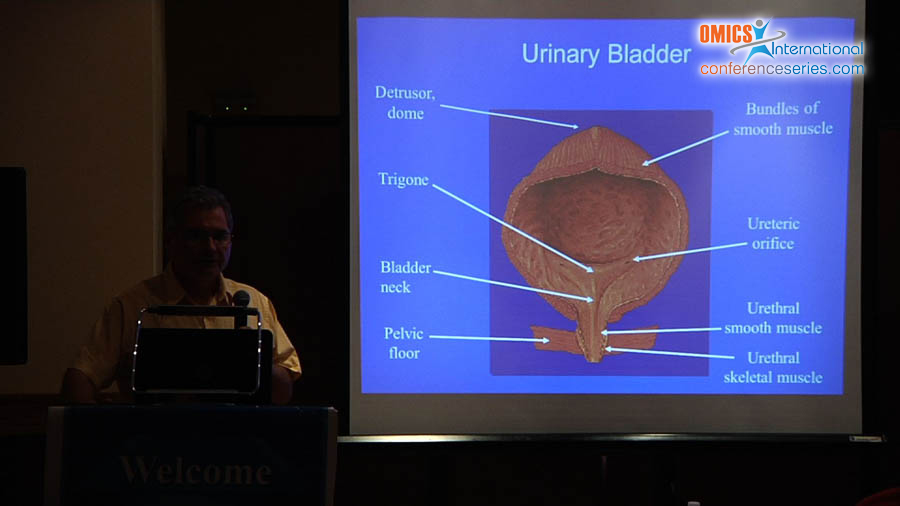4th International Conference on Urology

Georgi V Petkov
University of South Carolina
USA
Title: BK channels as non-genomic targets for oestrogens and potential novel molecular targets for the treatment of overactive bladder
Biography
Biography: Georgi V Petkov
Abstract
Overactive Bladder (OAB) is a significant medical problem affecting ~17% of the population at an annual cost of over $65 billion in the United States alone. Current OAB therapies are limited in efficacy and relief. Novel therapeutic approaches are urgently needed especially those that directly target detrusor smooth muscle (DSM). This is important because many forms of OAB are associated with increased DSM contractions during bladder filling and urinary storage which is normally facilitated by DSM relaxation. Recent studies from Dr Petkov’s laboratory at the University of South Carolina indicate that in human DSM, the large conductance voltage- and Ca2+-activated K+ (BK) channels are critical regulators of DSM myogenic and neurogenic contractions. BK channel function in DSM is to control Ca2+ influx through voltage-gated Ca2+ (CaV) channels which in turn determine the degree of DSM contractility. New data from the Petkov’s laboratory reveal that oestrogens can directly activate BK channels in human DSM cells thus reducing DSM excitability and contractility. Initial experiments by the Petkov laboratory show that oestrogens reduce spontaneous phasic contractions of human DSM isolated strips in a concentration-dependent manner which involves a direct interaction of oestrogens with BK channels independent of oestrogen receptors as demonstrated in excised membrane patches. Modulation of BK channel activity or their regulatory mechanisms by oestrogens may provide the basis for developing new therapeutic interventions for OAB. To facilitate such novel approaches we need to have a better understanding of BK channels regulation by oestrogens.




